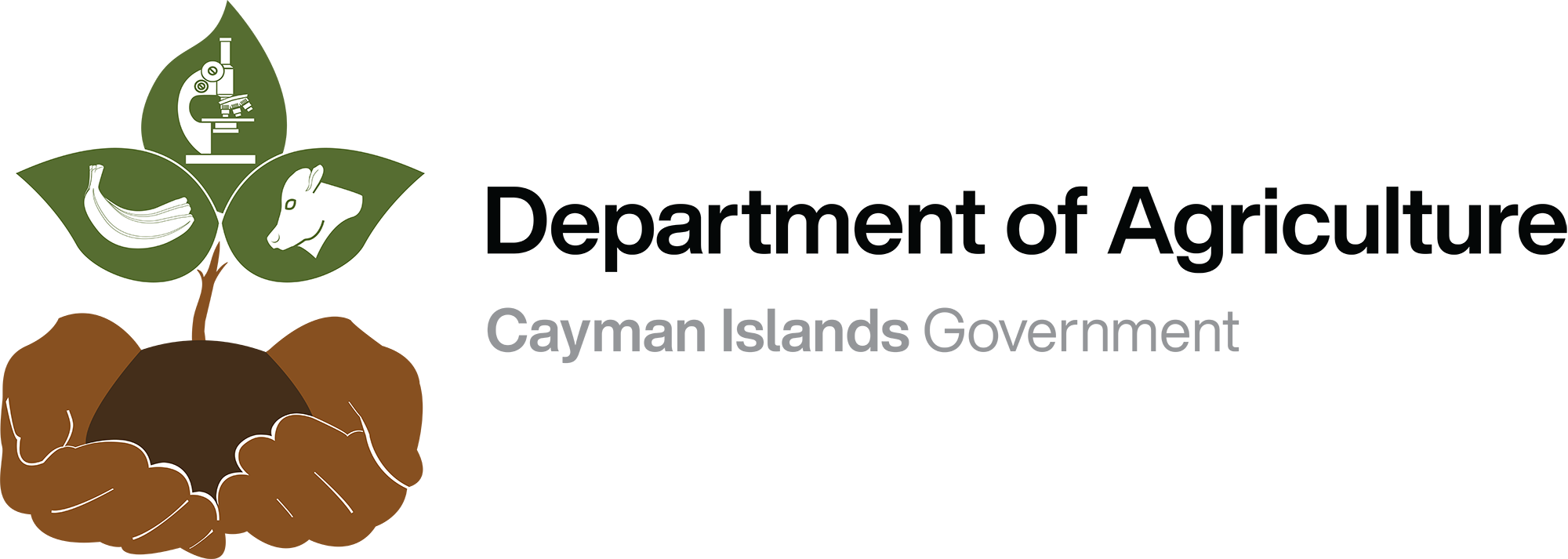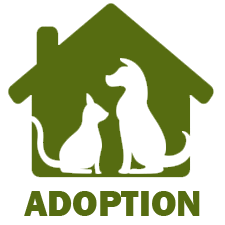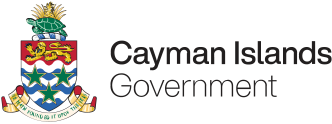The Animal Welfare and Control Services Unit plays a crucial role in our community by ensuring the health, safety, and well-being of both animals and residents. This unit is dedicated to addressing issues related to stray, abandoned, and mistreated animals through compassionate care, enforcement of animal welfare laws, and public education on responsible pet ownership.
At the heart of the unit’s operations is the Animal Pound, a facility designed to provide temporary accommodation for lost, stray, or seized animals. The pound operates with a commitment to the humane treatment of animals and safeguarding of the community, and strives to find positive outcomes for all animals, either through reunification with owners or by working closely with local shelters and rescue groups to maximize the chances of adoption.
Animal Welfare and Control provides a service to the community by:
- reducing the number of stray and neglected animals
- educating residents on matters of animal welfare
- investigating complaints of inhumane treatment of animals
- inspecting licensed (animal related) operations to ensure compliance with the conditions of their operating license
- providing law required dog license Free to the public owners
What is animal cruelty
The Animals Law (2015 Revision) Section 70(1) states that a person who intentionally makes an animal unnecessarily suffer, works an unfit animal, administers poison to the animal, operates on an animal without due care and humanity or tethers, or confines an animal as to cause unnecessary suffering, abandons an animal commits an offence of animal cruelty and is liable for prosecution under the law. The animals whose abuse is most often reported are dogs, cats, livestock and horses. Examples of animal cruelty are:
Physical abuse – tight collars causing neck wounds; open wounds or signs of multiple wounds not being treated; extreme thinness or emaciation – bones visible; discharge from nose or eyes; patchy or matted coat; owner hitting or otherwise physically abusing it (e.g. dragging/hanging animal on leash).
Environmental abuse – failure to provide adequate food, water or shelter; exposed to extreme heat or inclement weather; locked in a hot car; kept in area with feces, garbage or other objects that could harm them; being kept in an environment that is not suited to their needs where they are unable to stand, turn around and make normal movements (e.g. horses being kept in small spaces).
Animal abandonment – intentionally and recklessly leaving an animal at a location without providing minimum care, or making reasonable arrangements for the care of an animal.
Malicious poisoning – poisoning or exposing the animal to a toxic environment
Organized cruelty – Dogfighting, cockfighting and other forms of organized animal cruelty go hand in hand with other crimes; fights are extremely brutal with animals often fighting to the death
Other types – Ritual abuse – animals are either mutilated or sacrificed for religious purposes. Bestiality or sexual abuse of an animal.
Studies have shown that there is a correlation of animal abuse with violence against people. Animal abuse is frequently the first step towards future criminality such as domestic violence – abusers will either start with or will also target pets or serial murderers that initially started their behavior by hurting and killing animals.
When to file a report
In the event of an urgent matter, a call can be made to 911, otherwise, information can be provided by way of email here.
In any event, please be prepared to give as much of the following information as possible.
Detailed information is for record purposes and enables the Animal Welfare Officer to better do their job and also to inform you of the result of their investigation. All reports are treated with strict confidence; your personal information if provided will remain confidential.
Providing false information may well mean that we will not be able to resolve the matter.
File A Report Anonymously
Application For Dog License
Current Animals In Our Shelter
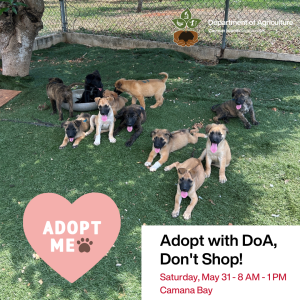


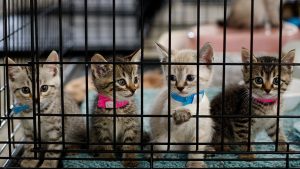
Animal Adoption Procedures
Application For Animal Adoption
Please note:
Residents should keep in mind that the agency operates with limited personnel and resources; however, every effort is made to ensure that the incident is investigated in a timely manner.
Animal cruelty investigations do not include dangerous animals, loose livestock or barking dogs.
These should be report accordingly:
Dangerous animals/barking dogs – Royal Cayman Islands Police Service (RCIPS)
Loose livestock – call 911
Barking dogs – Department of Agriculture – the report will be investigated to ascertain the welfare of the animal; in the event it becomes a persistent matter, it will be reported to the RCIPS
To report a dead animal (on the road, etc.), please contact the Department of Environmental Health on 949-6696
Finally, do not be afraid to get involved in any legal proceedings that may result. If you felt strongly enough to report the matter, you should be prepared to assist with whatever has to be done to get the matter rectified and bring offenders to justice.
“The world is a dangerous place, not because of those who do evil, but because of those who look on and do nothing” – Albert Einstein
Boards and Committees
| Name | Meetings | Minutes |
|---|---|---|
Animal Welfare and Control Committee
|
Not open to the public. Meets every other month. | Hard Copy and Electronic Copies are stored at the Department of Agriculture. |
Veterinary Board
|
Not open to the public. Meets quarterly or on necessity. | Hard Copy and Electronic Copies are stored at the Department of Agriculture. |
Committee members gazette into Law until 31st January 2024.

